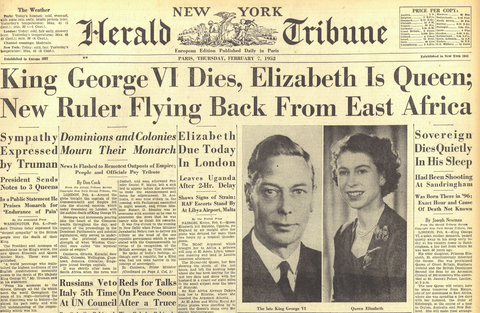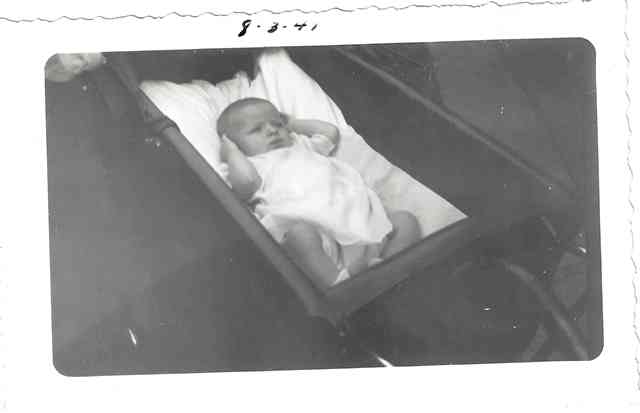BY: JAMES F O’NEIL
“To Jim–Thanks for making me gramaticaly correct! Love, A– 8-18-98”
During my writing career, I have done some book reviewing for Choice magazine (a librarian’s magazine); I have also done some editing, for individuals, for friends. These books have become part of my memoriesofatime.
I’ve never had published a real book, one that I signed for followers while I was sitting at a table at Barnes & Noble, or in an easy chair at a small bookshop: “To Mary, Kindest regards”; “For Bernard, who will enjoy my stories as your mother did”; “Audrey, May you laugh and cry as you read.” These words I never inscribed in a novel or book of short stories I wrote.
However, two teaching colleagues and I did author A Bridge to Writing That Works [1995], for ENC 1101, a basic college writing course.

Not a best seller–but used as the required text for a few semesters with a captive audience. (Is it ever ethical for a teacher to use his or her own textbook for a course? I thought about this often. We never received any kind of royalties for our work.)
Enviously I have attended book signings–or have had books signed after readings or presentations: at least one poet and short story author, Raymond Carver; Stephen E. Ambrose, American historian of World War II; Richard A. Clarke, (former) American government official. [I’m a real name dropper here…] James Dickey, American poet and United States Poet Laureate (author of Deliverance).

James Dickey: Probably one of the most memorable occasions of signings I can relate. I had attended an annual association writing conference, in Pensacola, years back. He was the dinner guest: speaker and reader, in a nice hotel setting. Cocktails before and after dinner. And the readings, “Kudzu,” for one, and talk of his poetry, and the Why of Poetry.
Dickey was always one of my favorite poets, with “Falling” –“A 29-year-old stewardess fell … to her death tonight . . .” a poem of great impression upon me. So, I sat, mesmerized, listening to him, waiting for him to finish, waiting for him to sign his novel Alnilam [1987] which I clutched tightly under the dinner table.
Then I heard him slur a few lines of poetry, then stagger away a bit from the podium. Ooops! Was he drunk? He thanked us, stopping abruptly, and moved to one of the small hotel rooms for book signings. I waited my turn in line. There he kingly sat, writing messages in books, sipping whiskey, comfortable in a lounge chair. Certainly inebriated, over the legal limit, DUI. I did not care. “To Jim, . . .words, words, words . . .” It’s gone. One of the many hundreds I donated to the library when I retired . . .
The next morning I met him in the small Pensacola Airport. We sat and chatted, small talk about teaching, and the Blue Angels (pictures on the walls), and other non-poetry topics. I do remember clearly his asking me whether I wrestled in school; he said he thought so from my physique and stature. [I did wrestle in high school.] He was quite sober when he left for his plane.
[In 1942 he enrolled at Clemson Agricultural College of South Carolina and played on the football team as a tailback. After one semester, he left school to enlist in the Army Air Corps. Dickey served with the U.S. Army Air Forces as a radar operator in a night fighter squadron during the Second World War, and in the U.S. Air Force during the Korean War. Between the wars, he attended Vanderbilt University, graduating magna cum laude with a degree in English and philosophy (as well as minoring in astronomy) in 1949. He also received an M.A. in English from Vanderbilt in 1950. –Wikipedia]
Some of my friends have gone on to write, and my name might be mentioned in the acknowledgements. To me, it’s like a signing. I get a book with my name printed. Having helped these friends with their editing, I’ve even received an honorable mention (and pray there are no errors). I received a “Gentleman’s C” in Principles of Economics in college. Ironically, I edited an economics text; and edited a Western novel, and some first novels of action and adventure. That was then.
Now I have been working with an author “Margareth Stewart” [Monica Mastrantonio], publishing her eBook Open: Pierre’s Journey after War–a picaresque novel of one who looks for revenge upon those who killed his family in France during WWII. Her book has taken me on an emotional journey through her character’s eyes.
How much money have I made from my editorial adventures? $elf-Actualization, and a few dollars. And perhaps a copy of the edited book. Most likely that. Pro bono. I do understand the meaning of that phrase. A psychologist paid me a hundred dollars for my work on her book; I received $25 a month for editing a magazine article, for two years. Choice magazine sent a book to be reviewed, with directions, parameters–and deadlines.
Often, I had a deadline to meet a publishing date. Sometimes I was able to meet with an author, to make changes; most times I was on my own, receiving a manuscript text by mail or courier, to edit/revise then return by mail. This was detachment, impersonal.
One memorable time, however, April, a student of mine in a sophomore writing class, came to me after the course was completed, asking whether I would be interested in looking over a manuscript she had. “Of course.”
With all the writing/revisions and editing that I have done, A pril Pederson’s Hooters story [1998] has been the most difficult yet most fun. The manuscript needed much editing, but the pictures of the girls needed no edition. April would take care of that. The format of the book was an ultra-unique project for me–cartoonish, manuscript fonts spread throughout, typed text, photographs, index, graphs, charts, menus. And all about Hooters girls and the working the girls do. Often, I found myself chuckling or laughing aloud. A notable task, a messy job, but somebody had to do it.
pril Pederson’s Hooters story [1998] has been the most difficult yet most fun. The manuscript needed much editing, but the pictures of the girls needed no edition. April would take care of that. The format of the book was an ultra-unique project for me–cartoonish, manuscript fonts spread throughout, typed text, photographs, index, graphs, charts, menus. And all about Hooters girls and the working the girls do. Often, I found myself chuckling or laughing aloud. A notable task, a messy job, but somebody had to do it.
So, I made it GRAMATICALLY correct . . .
Once I read, “Self-deprecation is the sign of a massive ego structure.” Well, I’m no expert grammarian or copy editor. But I still do wince when I see errors–basic errors (principal/principle)–in a formally published text/book. I ask, “How did that get missed?” Then I continue to read on, mumbling something like “Well, you can’t catch them all.” That’s only human. But, some human got paid to catch that, after some machine proofed it. And so it goes. I have tried, with my favorite grammar books surrounding me–and with my Strunk & White handy–to be that good human who tries to catch them all, that Holden Caulfield Catcher in the Rye editor. I’ve been pretty successful, I must massively-ego say for myself.

© JAMES F O’NEIL 2019









 pril Pederson’s Hooters story [1998] has been the most difficult yet most fun. The manuscript needed much editing, but the pictures of the girls needed no edition. April would take care of that. The format of the book was an ultra-unique project for me–cartoonish, manuscript fonts spread throughout, typed text, photographs, index, graphs, charts, menus. And all about Hooters girls and the working the girls do. Often, I found myself chuckling or laughing aloud. A notable task, a messy job, but somebody had to do it.
pril Pederson’s Hooters story [1998] has been the most difficult yet most fun. The manuscript needed much editing, but the pictures of the girls needed no edition. April would take care of that. The format of the book was an ultra-unique project for me–cartoonish, manuscript fonts spread throughout, typed text, photographs, index, graphs, charts, menus. And all about Hooters girls and the working the girls do. Often, I found myself chuckling or laughing aloud. A notable task, a messy job, but somebody had to do it.